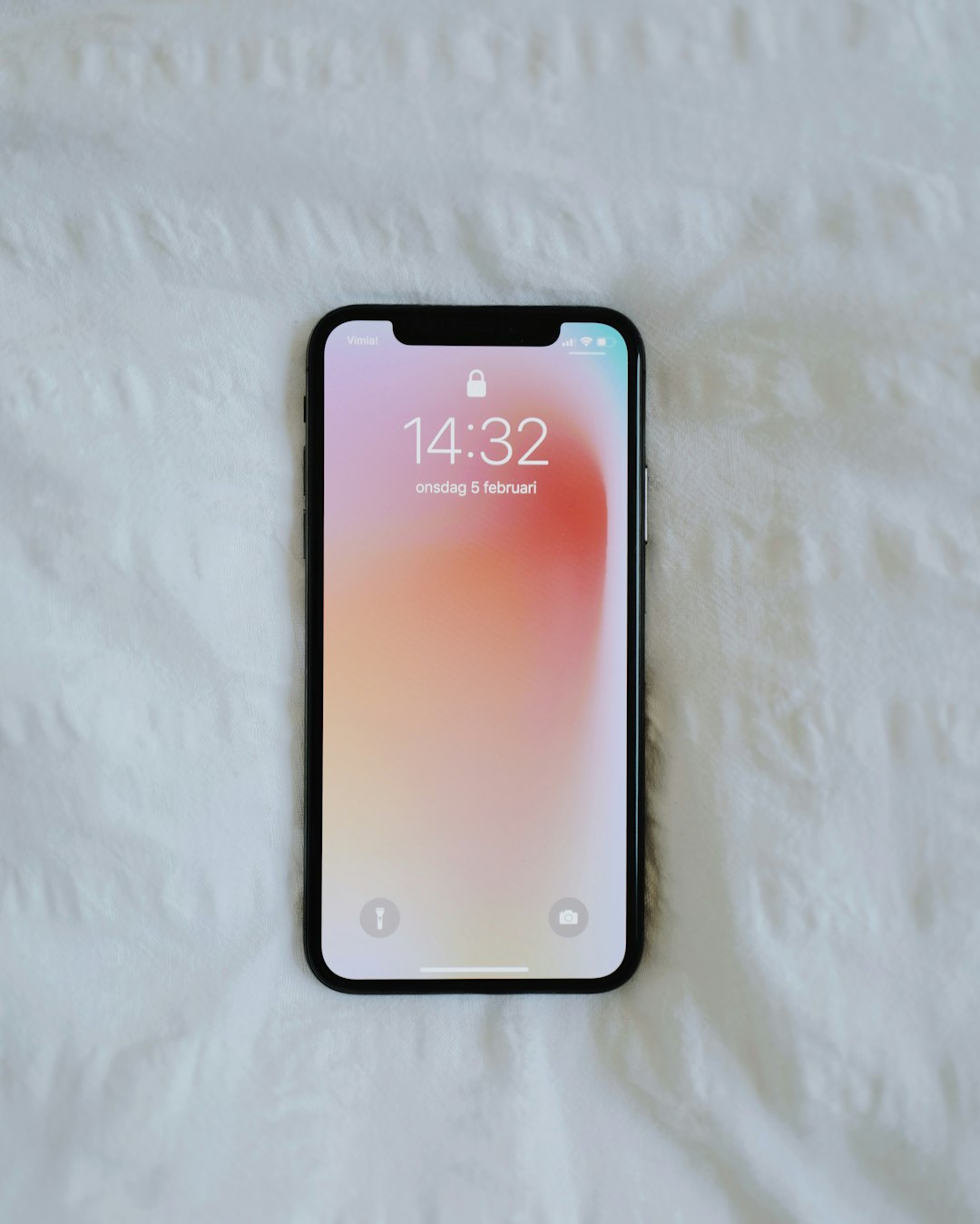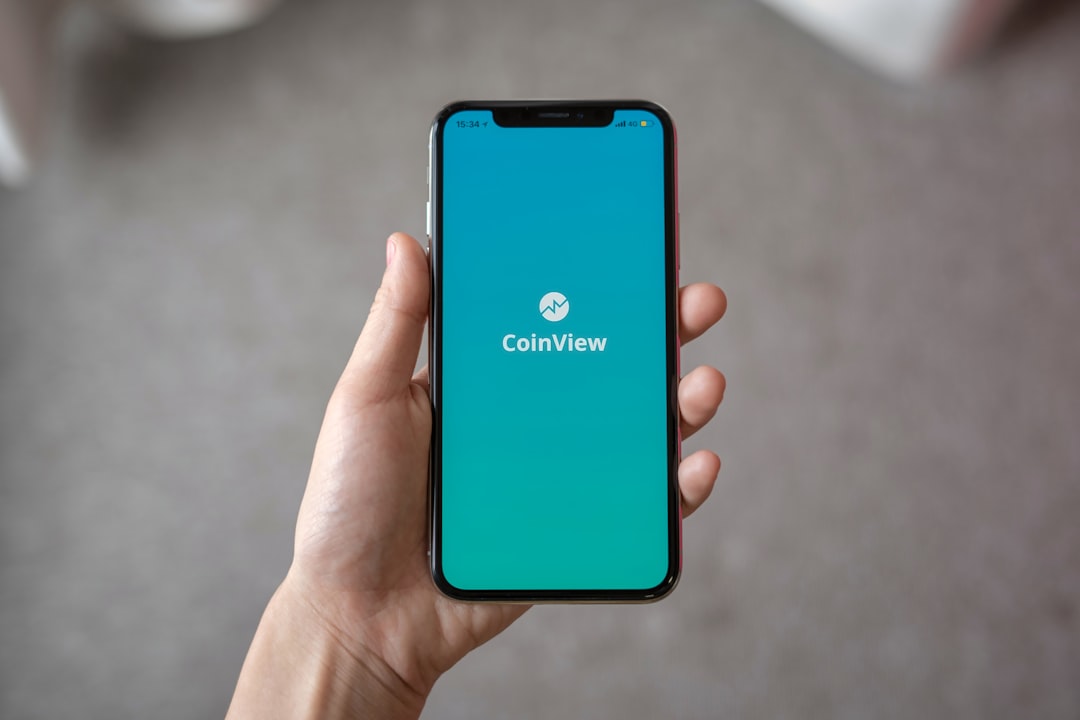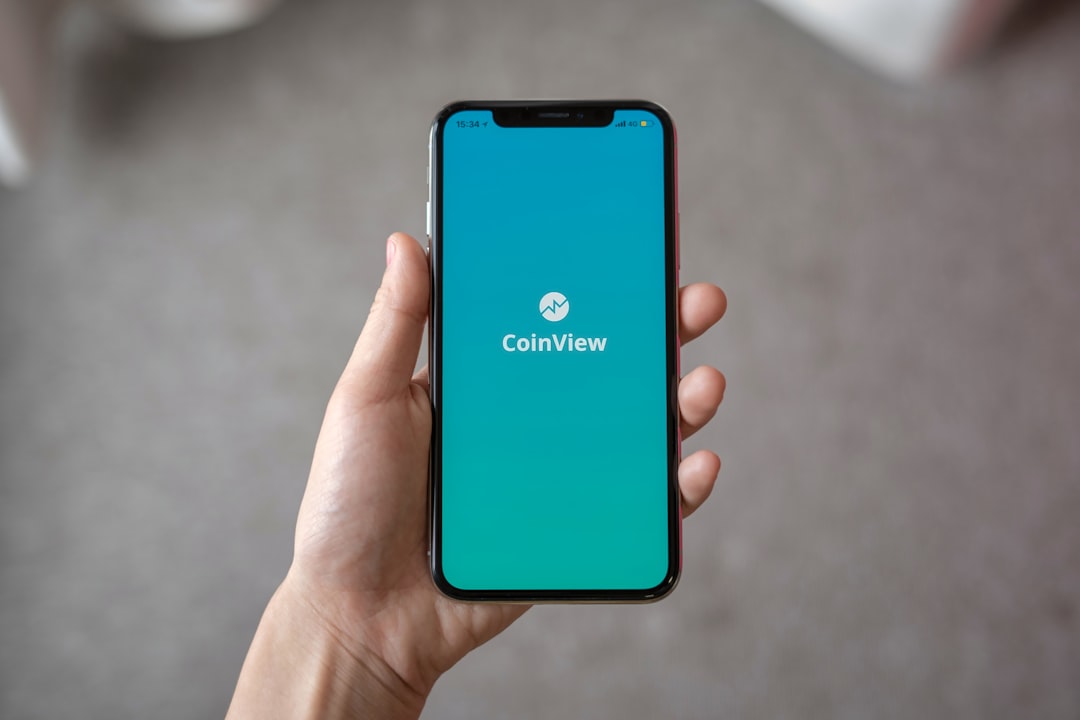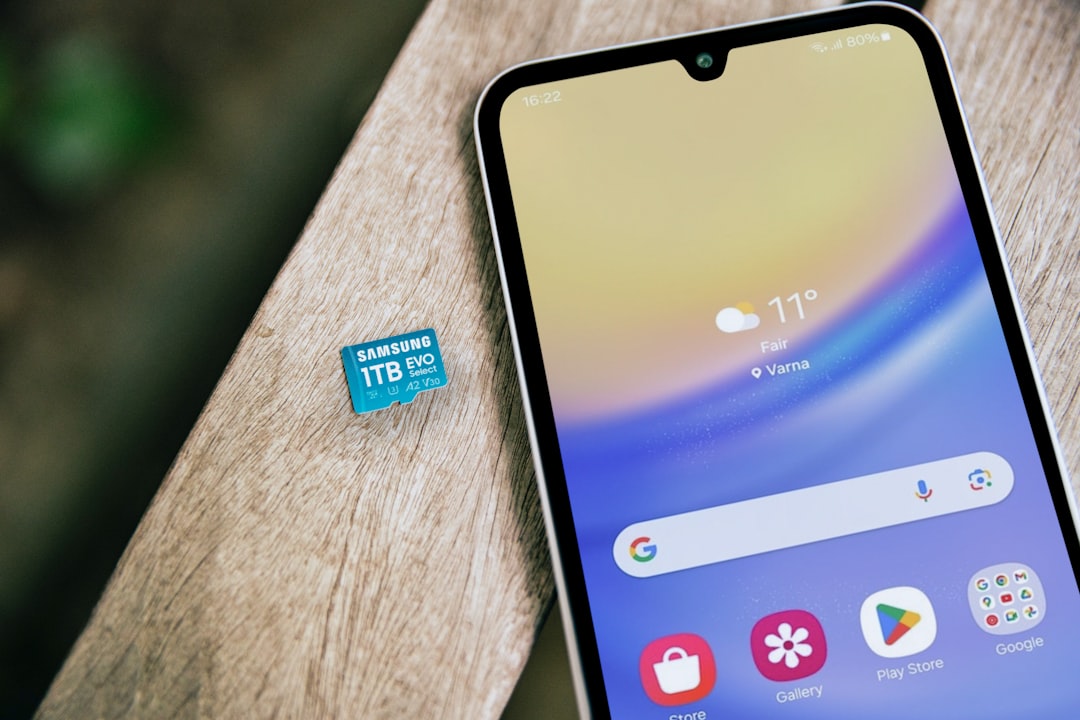In Missouri, spam call lawyers are fighting against unethical lead generation practices that cause residential distress through excessive spam calls. Advocacy for stronger regulations has led to increased protections and reduced intrusive marketing. Recent legislative actions target a loophole allowing businesses to evade consumer laws, with the goal of creating an ethical digital marketplace. Spam call lawyers play a crucial role in protecting Missourians' rights against unwanted marketing calls, ensuring compliance under the Missouri Telephone Consumer Protection Act (MTCPA).
In recent years, Missouri has faced a growing issue with the so-called “Lead Generator Loophole,” facilitating relentless spam calls and violating consumer privacy. This article delves into the intricate details of this loophole, its impact on residents, and the legal battles that ensued. We explore Missouri’s proactive measures to close the gap, analyze the implications for lead generation practices, and provide insights for consumers seeking relief from unwanted interruptions. Engage with our experts as we dissect these spam call lawyers Missouri has been fighting against.
Unveiling Missouri's Lead Generator Loophole

In the vibrant landscape of digital marketing, a peculiar phenomenon has long been a point of contention—the so-called “Lead Generator Loophole.” This loophole primarily affects businesses in Missouri, where unregulated practices have led to an influx of spam calls, causing significant distress for residents. The issue arises from a legal gray area surrounding lead generation services and their impact on consumer privacy.
Missouri’s legal framework has historically lacked clear guidelines, allowing certain companies to exploit loopholes and engage in aggressive marketing tactics. Spam call lawyers in Missouri have been at the forefront of advocating for change, highlighting the negative effects on both businesses and consumers. By shedding light on these practices, experts aim to close this gap, ensuring a more balanced and ethical lead generation process, and restoring peace to the bustling digital marketplace.
Legal Battle: Spam Calls and Their Impact

In recent years, the rise of spam calls has become a significant concern for consumers and businesses alike. These unwanted telephone marketing calls, often originating from automated systems, have led to legal battles across the country. In Missouri, the issue gained traction when numerous residents complained about being inundated with persistent spam calls, leading to a major legal fight.
Spam call lawyers in Missouri have been instrumental in addressing this problem by representing affected individuals and businesses in court. Their efforts aimed to protect consumers from deceptive and harassing practices, ensuring that telemarketing activities comply with state laws. Through these legal battles, Missourians are now better protected against spam calls, leading to a reduction in the number of intrusive messages received on their personal devices.
Understanding the Loophole's Mechanism

The “Lead Generator Loophole” was a tactic employed by some businesses in Missouri, and elsewhere, to evade consumer protection laws. This loophole allowed companies to generate and sell phone numbers to other businesses for marketing purposes, often without the original number owner’s consent. The process typically involved making unsolicited phone calls, or spam calls, from these purchased numbers, which led to significant privacy concerns and frustration among Missouri residents.
Spam call lawyers in Missouri played a crucial role in shedding light on this practice and advocating for changes. By understanding the mechanism of the loophole, legal experts could expose how lead generators obtained and resold phone numbers, often through online marketplaces. This awareness was instrumental in building public pressure to close the loophole, resulting in legislative actions that better regulate the practice and protect Missourians’ rights against unwanted marketing calls.
Missouri's Action to Close the Loophole

In response to the growing concern over the “Lead Generator Loophole,” Missouri took decisive action to protect its residents from spam calls. The state implemented stricter regulations aimed at closing this loophole, making it more difficult for unscrupulous lead generators to operate. By collaborating with Spam Call Lawyers Missouri, they developed a comprehensive strategy to enforce these new rules. This initiative ensures that consumers are no longer plagued by unwanted and often fraudulent calls, offering some much-needed relief from this persistent issue.
Implications for Lead Generation Practices

The closure of the “Lead Generator Loophole” in Missouri has significant implications for lead generation practices, particularly in terms of compliance and legal repercussions. Previously, this loophole allowed businesses to generate leads through deceptive means, such as spam calls and aggressive marketing tactics, without facing strict penalties. Now, with stricter regulations in place, Missouri-based Spam call lawyers are seeing an increase in cases involving lead generation abuses. Businesses must adapt their strategies to ensure they operate within legal boundaries, avoiding costly lawsuits and reputational damage.
This shift necessitates a more ethical approach to lead generation, focusing on consent-based marketing and transparent communication. Companies are encouraged to build genuine connections with potential customers by obtaining explicit permission for marketing efforts, ensuring compliance with the Missouri Telephone Consumer Protection Act (MTCPA). Such practices not only foster trust but also contribute to long-term sustainability in an increasingly regulated market.






